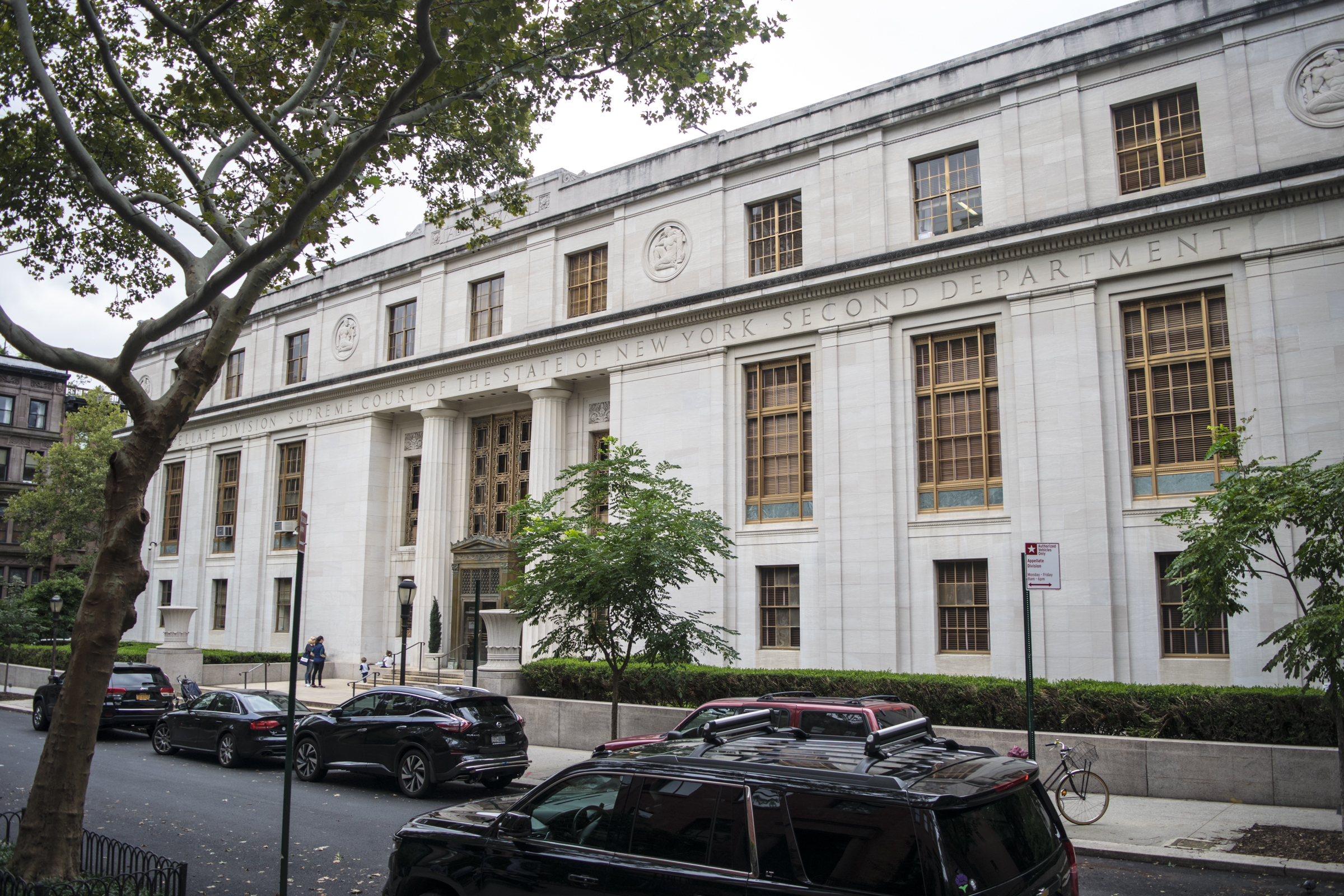March 14, 2024 Court Decisions

Photo: Rob Abruzzese/Brooklyn Eagle
Brooklyn Property Buyer’s Fraud Claim Denied by Appellate Division
The Appellate Division, Second Department affirmed the dismissal of a lawsuit by 98 Gates Avenue Corp. against Leon A. Bryan, Jr., concerning allegations of fraud and breach of contract in a property sale. The case, overseen by Supreme Court Judge Debra Silber in Kings County, centered on the plaintiff’s accusation that Bryan falsely claimed to sell a 50 percent interest in a Brooklyn property, asserting he was the sole heir of his deceased father’s estate, whereas he actually owned only a 25 percent interest, as demonstrated by a pre-existing will.
The legal debate focused on whether Bryan’s representation constituted fraudulent misrepresentation and concealment, particularly regarding the will’s existence, which was publicly recorded and could have been verified by the plaintiff. The appellate panel, comprised of Hon. Colleen Duffy, Hon. Linda Christopher, Hon. Lillian Wan and Hon. Carl Landicino, supported the initial ruling, stating that the plaintiff’s trust in Bryan’s statements was unjustifiable due to the public access to the will. The court also referenced the principle of caveat emptor in real estate dealings, explaining that the merger doctrine prevents breach of contract claims from surviving post-sale, highlighting the necessity for buyers to conduct thorough due diligence and not solely depend on sellers’ disclosures when such information is available for independent verification.

Brooklyn Heights
View MoreRead the Brooklyn Height's Press and Cobble Hill News. Find out more about Brooklyn Height's History here.